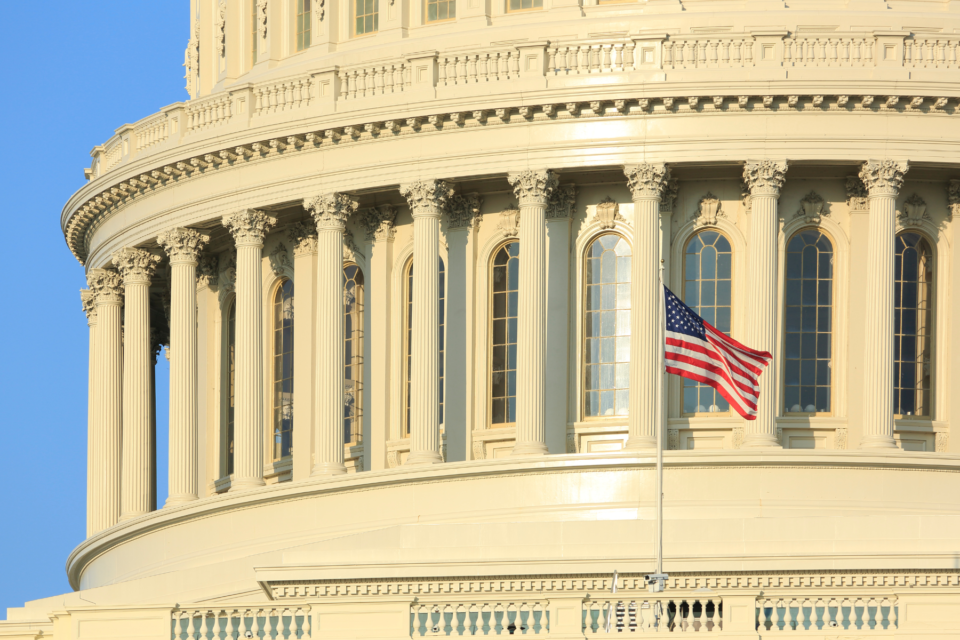Congress Could Stop Stealth Tax Increases on American Businesses

Fill me in: Congress has returned to Washington for its post-election lame duck session with a long to-do list of unfinished business. To support the economy, which is likely to weaken through 2023, three tax changes vital to American businesses should be at the very top of their list:
1. Research and Development: As of 2022, businesses must amortize — or deduct ratably over a five- or 15-year period — their research and development (R&D) expenses. If left unaddressed, this will raise the cost of innovation and slow economic growth going forward.
- Needed policy change before year-end: Congress should permanently restore the election for businesses to fully deduct their current-year R&D expenses.
2. Interest Deductibility: Also starting this year, the amount of interest expense that businesses can deduct is reduced. As of 2022, the deduction for business interest expense is limited to only 30% of earnings before interest and taxes (EBIT), instead of the traditional earnings before interest, taxes, depreciation, and amortization (EBITDA) standard. Further limiting the deductibility of interest expenses will make all forms of business investment more costly and lead to reduced investment, slower job creation, smaller wage increases, and lower overall economic growth.
- Needed policy change before year-end: Congress should “save the DA” by permanently restoring the EBITDA standard for calculating the limitation on deducting business interest expenses.
3. Bonus Depreciation: Since passage of the Tax Cuts and Jobs Act (TCJA) in 2017, businesses have been able to immediately and fully deduct costs associated with the purchase of capital assets, including manufacturing equipment, which is known as full expensing. Starting next year, however, businesses will be able to deduct only 80% of these costs, which falls to 60% in 2024 and 40% in 2025, before reverting to the pre-TCJA depreciation rules in 2026. Much like limiting the deductibility of interest expenses, limiting deductions for capital investments will reduce investment, resulting in fewer jobs, lower wages, and slower economic growth.
- Needed policy change before year-end: Congress should stop the scheduled phasedown of bonus depreciation by permanently extending current policy.
Each of these changes is consistent with fundamental principles of sound tax policy. Congress should be eager to implement them.
Why it matters: Congress, as it often is, may be tempted to kick the can down the road by either forgoing the opportunity to make these changes or implementing one-year fixes for them. Making these changes permanent is the best policy for fostering long-term growth because it gives businesses the certainty they need to plan, invest, and thrive.
What’s at stake: A failure by Congress to act would only increase the cost of doing business for American companies at a time when they’re already suffering the effects of persistent, record-high inflation. It would also reduce capital investment and inhibit economic growth, harming American workers by slowing job creation and suppressing wage growth.
Bottom line: Congress should not make a bad situation worse by allowing the tax code to penalize businesses that want to invest in the U.S. economy. We call on Congress to come together in support of the American economy and seize this opportunity to ensure a brighter, more prosperous 2023.


